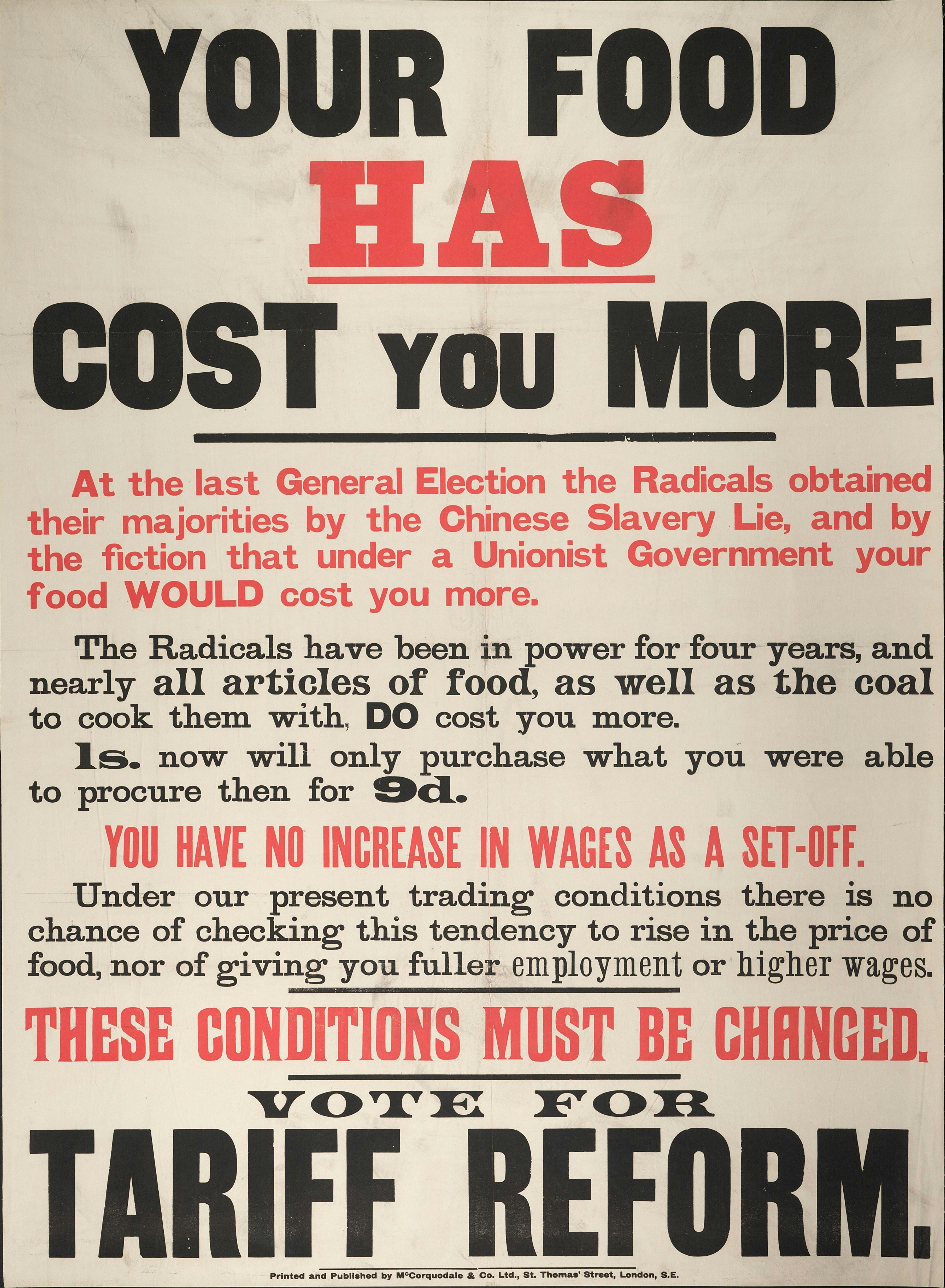Geopolitical Shuffle: The Maneuvering of Ukraine’s Future
Understanding the Proposed Deal
The geopolitical landscape surrounding Ukraine has been significantly influenced by a proposed deal between Russia and the United States. This potential arrangement raises a multitude of questions regarding its legitimacy, motivations, and implications for Ukraine itself. At its core, the deal appears to be an attempt by Russia to solidify its influence in the region while simultaneously presenting a façade of diplomatic engagement to external stakeholders.
One of the most striking features of the deal is the lack of real concessions from Russia. While there may be superficial offerings or assurances, the substantive issues at the core of Ukraine’s sovereignty and territorial integrity remain unaddressed. This absence of genuine negotiation underscores the perception that Russia is not genuinely interested in resolving the ongoing conflict but rather seeks to manipulate the situation to its advantage. The deal, therefore, seems to serve as a strategic vehicle for Russia to reinforce its grip on Ukraine without yielding any credible compromises.
The timing of the proposed deal is also noteworthy. It coincides with a period of heightened tensions and instability in Ukraine, leading many to question whether the initiative is primarily intended to alter the dynamics of these conflicts in Russia’s favor. Moreover, the reactions from various stakeholders—be it the Ukrainian government, Western allies, or international organizations—highlight a general skepticism regarding Russia’s intentions. Ukraine has unequivocally expressed its apprehensions, viewing the deal as detrimental to its sovereignty and a potential threat to its aspirations for European integration.
In conclusion, without meaningful concessions and amidst a backdrop of strategic manipulation, the proposed deal sets the stage for a rejection by Ukraine. The implications of this stance extend not only to Ukraine’s national interests but also to the broader geopolitical balance, necessitating careful scrutiny from all involved parties.
Ukraine’s Response and Position
In light of the ongoing geopolitical negotiations involving Ukraine, it is crucial to understand the potential responses of the Ukrainian government to proposed agreements that may be perceived as unfavorable. Historically, Ukraine has faced numerous external pressures, notably from Russia, which have shaped its national identity and stance towards sovereignty. The narrative of Ukraine’s struggle for independence dates back decades, and this historical context frames its current political behavior and choices.
The rejection of agreements characterized as one-sided or unfair is rooted in Ukraine’s commitment to preserving its territorial integrity and sovereignty. When faced with negotiations that seem to undermine these principles, Ukraine’s leadership is likely to adopt a firm stance. The importance of public sentiment cannot be overlooked in this context. A significant proportion of the Ukrainian populace is skeptical of deals that do not account for their country’s interests, particularly when such agreements could lead to territorial concessions or a reduction in self-governance.
Recent surveys indicate that a large majority of Ukrainians advocate for a strong national defense and are wary of compromises that could be perceived as capitulation. This public sentiment plays a pivotal role in shaping the government’s negotiating strategy. Leaders are often compelled to reflect the views of their constituents, ensuring that any agreement aligns with the desires and expectations of the citizenry.
Furthermore, Ukraine’s historical narrative of resilience promotes a strong national identity that influences its diplomatic posture. The government is increasingly aware that any perceived weakness in negotiations may not only jeopardize political stability but could also catalyze public dissent. Therefore, Ukraine’s response to international engagements will remain focused on asserting its sovereignty while navigating the complex geopolitical landscape, always keeping in mind the sentiments of its people and the nation’s deeply rooted aspirations for independence.
Trump’s Role in the Narrative
The political landscape surrounding Ukraine has evolved noticeably under former President Donald Trump’s administration. Central to Trump’s strategy is a meticulous approach to narrative control, often employing tactics that can shift blame and redirect public perception. His administration’s decision to reject certain diplomatic agreements has the potential to frame Ukraine as a problematic partner, utilizing this narrative to serve political interests within the U.S. The aim is to create a perception of Ukraine as responsible for the strain in relations, conveniently deflecting attention from the complexities of international diplomacy.
This tactic is not unprecedented in Trump’s political playbook. During his presidency, he frequently employed blame assignment as a method to galvanize support from his base. A notable example includes his handling of the U.S. withdrawal from international agreements, where he often characterized previous administrations as ineffectual negotiators. Such framing allowed him to portray himself as a decisive leader acting in America’s best interests, while simultaneously redirecting scrutiny away from his administration’s own decisions.
The ramifications of this blame game extend to U.S.-Ukraine relations, challenging the bilateral partnership that has been crucial in countering external threats, particularly from Russia. By positioning Ukraine as the unfavorable party, Trump’s narrative strategy may strain support for the country among U.S. policymakers and the public. As political dynamics shift, it is evident that understanding Trump’s role in this narrative is essential. His rhetoric not only influences domestic political discourse but also has broader implications on the geopolitical stage, affecting how allies perceive their partnerships and commitments.
The Broader Geopolitical Implications
The ongoing situation in Ukraine has considerable ramifications for the broader geopolitical landscape, particularly in relation to U.S.-Russia relations. As negotiations develop and various alliances shift, it is evident that the crisis reflects deeper issues beyond the immediate territorial disputes. The proposed deal, which entails intricate diplomatic negotiations, highlights the strategic interests of these two global powers, which have historically engaged in a complex game of geopolitical chess.
In this context, the implications for NATO are significant. The alliance has long regarded Eastern Europe as a vital area for security and stability. Any moves perceived as threatening to this stability, whether through military actions or economic coercion, could prompt a reevaluation of NATO’s security posture in the region. Furthermore, should the U.S. and Russia come to a brokered agreement, it may either diminish NATO’s role, as member states reassess their commitment to collective defense, or ignite tensions among NATO allies who support a firmer stance against Russian aggression.
Moreover, the concept of ‘playing politics’ encompasses the maneuvering of key global powers as they seek to influence outcomes in Ukraine and beyond. Enhanced cooperation or confrontation between the U.S. and Russia will likely reverberate throughout Europe, impacting not just national security policies but also economic relationships. The fracture in consensus on how to approach this conflict could weaken alliances and alter the balance of power in Eastern Europe.
As the situation unfolds, the responses from both Moscow and Washington will determine whether a cooperative framework emerges or whether confrontation escalates, significantly affecting the political dynamics of the continent.





